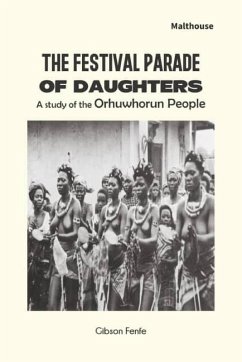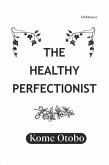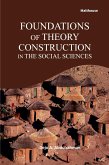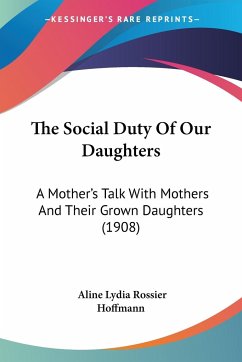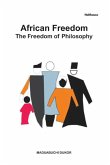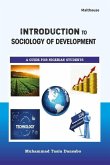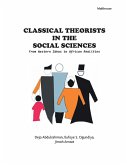"But what I have done is to put together something which can be considered as our own. Every detail documented here is a record of past and present events as narrated by the number of people I consulted and the ones I witnessed as a child. This book is written objectively as a base for our fast-fading culture to be preserved for future generations. But my satisfaction lies in the fact that it has afforded an opportunity for our traditional history to be introduced to the public." Orhuwhorun - a prominent community with the Udu Local Government whose 2006 population is cited by Fenfe at 142,480 - has for generations been known for an active and creative cycle of festive performances. During my years in Urhoboland, I was often directed there as I sought out towns that were continuing to maintain older customs that were unfortunately descending in popularity elsewhere. Elsewhere, Fenfe successfully takes on a most challenging task: an outline of the various migrations of groups to the site of present-day Orhuwhorun... does a fine job explaining the various town festivals, especially the Edjo festivals. Once again here he reiterates the relationship between land (Edjor-Oto) and water (Edjor-Ame) performances, writes an excellent commentary on the arrival of Christianity into Urhoboland, and the consequences that this new religion brought. His last commentary takes us to a most difficult topic: the decline of the 'old' culture. Culture is always changing, and one should not long for some sort of 'traditional' past since it actually does not exist. True, what happened in, say, 1850 was most different than that of 1900 or 1950, but the more recent changes are in many ways more devastating. This book actually offers some potential not to re-live the past, but to bring a great understanding of those ways. We hope to see more such innovative scholars, such as Gibson Fenfe, to come forward and to take on the responsibility of studying and reporting on the arts and culture of their own communities. - Prof. Perkins Foss
Hinweis: Dieser Artikel kann nur an eine deutsche Lieferadresse ausgeliefert werden.
Hinweis: Dieser Artikel kann nur an eine deutsche Lieferadresse ausgeliefert werden.

